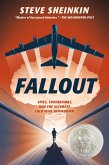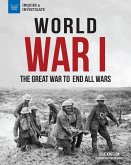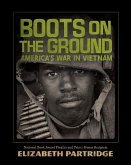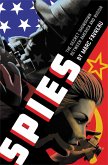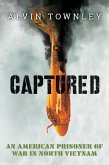On the 11th hour of the 11th day of the 11th month in 1918, the whole world sighed with relief. The city of London could turn on all the lights. The men along the Western Front could think about going home someday soon. Excited crowds could swell the streets across Europe. The most extensive war ever -- what we now call World War I -- had concluded. Earlier that morning in a forest in France, Marshal Ferdinand Foch, the supreme Allied commander, met with leading Germans to sign the armistice. After Foch's second all-nighter of the war, an agreement was reached at 5:12 a.m. Foch sent a telegram to Allied leaders: "Hostilities will cease at 11 a.m." In this book, you'll learn the story of the armistice agreement itself: how the German leaders protested the harshness of the terms and how Foch agreed to a few concessions. But you'll also learn how the armistice affected the lives of world leaders and ordinary people on that fateful day. Civilians and politicians celebrated on the morning on November 11, but peace did not come soon enough for some. In the intervening hours between the signing of the armistice and 11 a.m., several thousand men died or were wounded in final assaults against the Germans. Amidst the collective relief was a note of sorrow. The conclusion of the war made everyone think over its course -- the massive destruction of city and countryside, and the staggering loss of life. The war was over -- but life would never be the same.-- (12/30/2017 12:00:00 AM)


